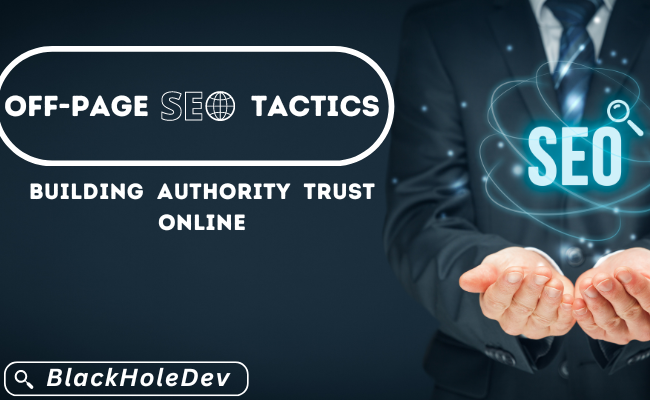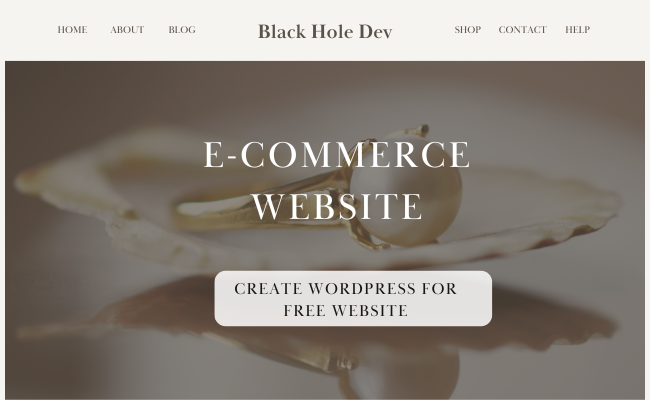The speed at which your website loads can have a major impact in the current digital environment, where consumer expectations are higher than ever and online competition is intense. It’s important to satisfy search engines in addition to maintaining user engagement. This post will examine the complex connections between user experience, SEO, and website speed, explaining why these relationships are important and offering tips for improving your website’s functionality.
Website speed is a critical factor in the current digital era, as it directly affects user experience and search engine rankings. Websites that load slowly discourage visitors and hurt their search engine ranking. We explore the complex relationship between user experience, search engine optimization, and website speed in this in-depth tutorial, which clarifies how IT services may maximize performance for greater online success.
The Impact of Website Speed on SEO

The SEO performance of your website can be greatly impacted by how quickly it loads. Websites that load quickly are given priority by search engines like Google because they offer a better user experience. Your website may rank lower on search engine results pages (SERPs) if it loads slowly, making it difficult for search engine crawlers to efficiently index its content. Optimize technical aspects like file compression, browser caching, and server response time to guarantee the fastest possible leading website speed for SEO To further reduce load times, simplify design components like multimedia and images.
Your website will rank higher in search results and be more visible if you prioritize the greatest website speed optimization. This will bring in more organic traffic.
Understanding User Experience Concerning Website Speed
Comprehending user experience concerning top website speed is essential for successful top SEO strategies. Website loading times should be rapid since users anticipate this, and any delays can lead to annoyance and increased bounce rates. Not only do slow-loading websites discourage visitors, but they also negatively affect search engine rankings. Prioritizing the best website performance optimization increases user engagement and happiness, which in turn results in longer dwell durations and higher conversion rates. To increase loading times, take into account elements like browser caching, image optimization, and server response time.
Because search engines reward websites that provide a great user experience, a seamless user experience helps improve SEO performance. You may improve overall user happiness and search engine optimization rankings by matching the speed of your website to what users anticipate.
Factors Influencing Website Speed

Considering the main elements affecting the best website speed is crucial when it comes to top SEO techniques. The speed at which your website loads depends on several important factors, which eventually affect search engine results and user experience. Technical aspects like browser caching, server response time, and effective coding techniques are important. Furthermore, load speeds can be greatly increased by maximizing HTTP requests, utilizing content delivery networks (CDNs), and optimizing multimedia and images.
By taking care of these important aspects of the best website speed, you may improve user experience while also improving your SEO results. Setting website speed optimization as a top priority in your well-thought-out SEO plan will guarantee that your website stays competitive in the quick-changing digital world of today, improving overall exposure and generating better results.
Strategies for Optimizing Website Speed
It takes a complex strategy that takes into account several facets of web development and web design to optimize the speed of a website. You may improve performance in several ways, such as by using content delivery networks (CDNs), reducing HTTP requests, and optimizing images and multimedia files. The use of plugins and technologies created especially for website speed optimization can also expedite the procedure and produce noticeable gains.
Measuring and Monitoring Website Speed

To ensure optimal SEO performance, good website speed measurement and monitoring are crucial. Resources such as Google PageSpeed Insights provide insightful data on the performance indicators and loading times of your website. You can determine where you need to make improvements and monitor the success of your optimization efforts by routinely examining these indicators. Important metrics that can be used to improve user experience and search engine rankings are page load time, time to first byte, and mobile responsiveness.
Regular speed tests, along with a good SEO strategy, guarantee that your website is always operating at its best. By being watchful and proactive about the speed of your website, you can improve the performance of your online presence and keep a competitive advantage in the digital market.
Case Studies or Examples
Examples from real-world situations show how noticeable speed enhancements for websites have an impact on user experience and SEO. Through the analysis of websites that have attained noteworthy outcomes through speed optimization initiatives, you can obtain insightful knowledge and motivation for your activities.
Conclusion
Optimizing your website for maximum speed is an essential part of your complete digital strategy, not just a technical one. You may improve user experience and SEO by putting speed optimization first. This will ultimately lead to better outcomes and the accomplishment of your online goals. The significance of the best website speed will only increase as the digital landscape develops, necessitating businesses to keep up with the times.
Call to Action
Please feel free to add your insights or advice on how to improve the speed of your website in the comments section below. Furthermore, investigate associated publications and resources to enhance your comprehension of this subject matter. For future updates on trends in digital marketing, optimization of search engines, and site design, don’t forget to follow or subscribe.
FAQs
How does page speed affect SEO and user experience?
Page speed directly impacts SEO by influencing search engine rankings and affects user experience by determining site responsiveness and overall satisfaction.
Why is page load speed important for SEO?
Page load speed is crucial for SEO because it directly influences search engine rankings; faster-loading pages are favored by search algorithms.



